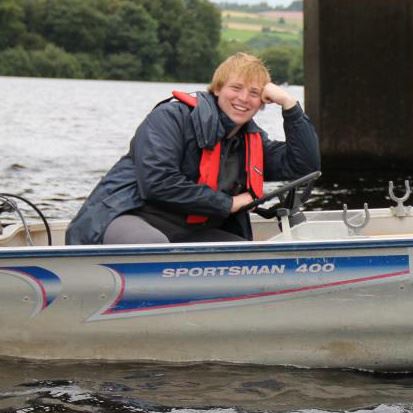As a coach I have heard this line a hundred times, and every time the pedantic pat inside me has wanted to scream “the brain is not a muscle damn it, it’s an organ consisting of billions of neurons and synapses”. However, despite the biological inaccuracy of the above statement, it may in fact be correct when looked at from a psychological point of view. Self-Control, one of the most important psychological constructs we have, operates just like a muscle.
Self-control can be defined as the exertion of control over the self by the self, and involves overriding or inhibiting competing urges, behaviors, or desires (Muraven and Baumeister, 2000). When one overrides a behavior one depletes some of the resource that self-control draws upon. This depletion leads to a drop in performance of any subsequent task that requires self-control (Muraven, Tice and Baumeister, 1998). Eventually the resource becomes so depleted that a state of self-control failure is reached where no further volitional action can take place. In order to bring performance back up to 100% one must rest and replenish these self-control resources.
It makes sense then, that self-control is often likened to a muscle, as, similar to a muscle, it becomes fatigued when used, and just like a muscle it will eventually fail if not rested (Hagger, Wood, Stiff and Chatzisarantis, 2010). Not only that but recent research has found that the self-control muscle can be improved with training (Oaten and Cheng, 2006). So technically our coach is right when he says “the best muscle an athlete has is the one between their ears.”
The purpose of my PhD research is to examine the relationship our self-control muscle has with sports performance. This research begins with examining the different types of sporting activity that requires self-control as well as examining whether there are any differences between the depletion of self-control in training settings and competitive ones. I then examine the individual differences in self-control strength and how to help athletes with low self-control strength to get stronger. Finally I examine various different psychological tools that one can use to reduce self-control depletion and ensure that performance can continue even when depleted. I hope that with my research I will be able to provide another psychological tool that both athletes and coaches can add to their arsenal.

